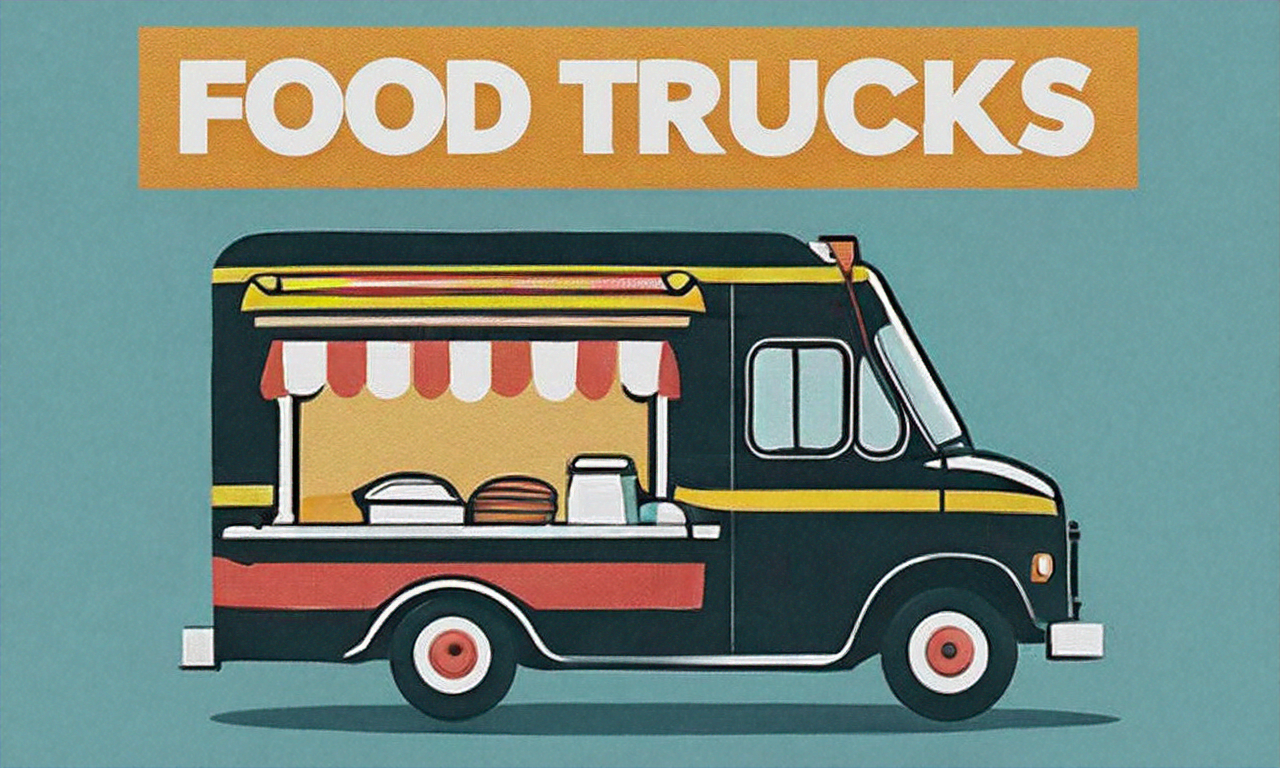Starting a Food Truck Business: Essential Guide to Financing and Success
The food truck industry has evolved from simple street vendors to a thriving sector of the restaurant business, offering entrepreneurs a more flexible and often less costly entry into food service. With lower overhead costs than traditional restaurants and the ability to move between locations, food trucks present an attractive opportunity for culinary entrepreneurs seeking to establish their presence in the food industry.

Exploring Food Truck Financing Options
Several financing options are available for aspiring food truck entrepreneurs. Traditional bank loans, Small Business Administration (SBA) loans, and equipment financing are common choices. Alternative funding sources include crowdfunding platforms, private investors, and specialized food industry lenders. Each option carries different interest rates, terms, and qualification requirements.
Essential Business Planning Steps
A comprehensive business plan is crucial for securing financing and establishing a successful operation. This document should outline your concept, target market, financial projections, marketing strategy, and operational procedures. Include detailed cost analysis, revenue forecasts, and break-even calculations to demonstrate business viability to potential lenders.
Choosing the Right Loan Structure
Different loan types suit various business needs and circumstances. Here’s a comparison of common financing options:
| Loan Type | Typical Terms | Best For | Average Interest Rates |
|---|---|---|---|
| SBA Loans | 5-25 years | New businesses | 5.5-8% |
| Equipment Loans | 2-7 years | Vehicle/equipment purchase | 8-30% |
| Business Line of Credit | Revolving | Working capital | 7-25% |
| Traditional Bank Loans | 3-10 years | Established businesses | 3-7% |
Prices, rates, or cost estimates mentioned in this article are based on the latest available information but may change over time. Independent research is advised before making financial decisions.
Creating a Sustainable Business Model
Success in the food truck industry requires more than just great food. Entrepreneurs must develop efficient systems for inventory management, staff scheduling, route planning, and maintenance. Consider implementing point-of-sale systems, social media marketing strategies, and customer loyalty programs to build a sustainable business model.
Managing Growth and Expansion
Once established, many food truck entrepreneurs look to expand their operations. This might involve adding more trucks, establishing permanent locations, or developing franchise opportunities. Careful financial planning and additional funding may be necessary to support growth while maintaining quality and operational efficiency.
Food truck businesses offer exciting opportunities for entrepreneurs willing to combine culinary creativity with business acumen. Success depends on securing appropriate financing, developing solid business strategies, and maintaining efficient operations while delivering quality food and service to customers.






